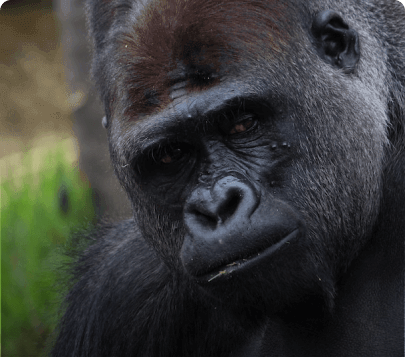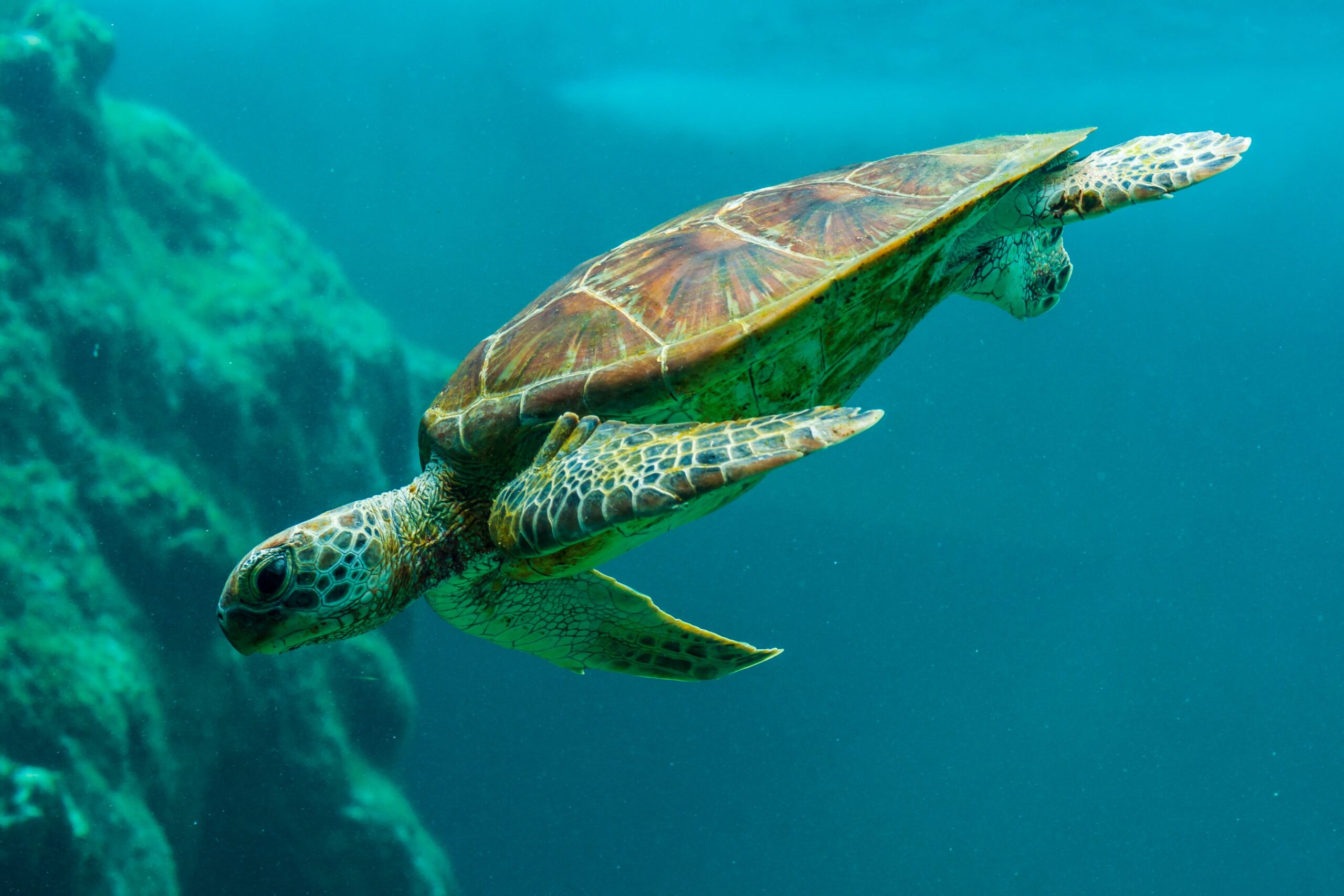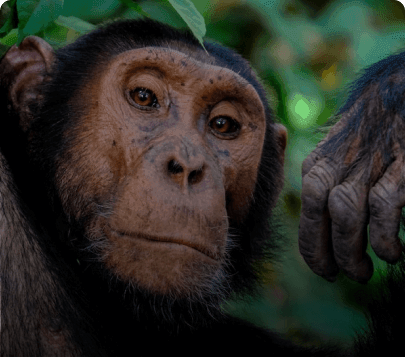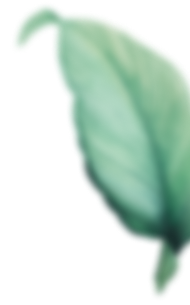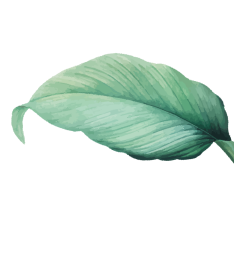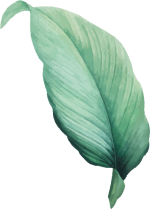
Project Objective

Project location:
Kruger National Park. South Africa
Target Species:
Buffaloes (Syncerus caffer) & Lions (Panthera leo)
Population Trend:
Declining
The project focuses on addressing the concerning infection situation of T tuberculosis, specifically Mycobacterium Bovis, which significantly impacts the buffalo and lion populations within the Kruger National Park. This disease presently infects 60% of buffalos and 25% of lions.
What is the context of this project?
The collaboration between leading universities in the United States and South Africa underscores the scientific depth of the project. Through a combination of fieldwork and laboratory analysis, the initiative aims to implement innovative strategies, notably flow cytometry, to accurately diagnose and control the spread of tuberculosis, a disease currently threatening the health and conservation of the lion and buffalo populations in Kruger National Park.
The current lion population in Kruger National Park is estimated at 1,500. A tuberculosis infection rate of 20% means that over 300 lions are severely health-compromised.
This project operates within an ecosystem context, directly impacting the conservation of hundreds of wild lions and recognising the interdependence between wildlife health, human health, and ecological stability. Beyond immediate disease management, the project aims to safeguard the broader ecosystem’s balance and the sustainability of these iconic species. The scientific effort focuses on addressing the current infection rates, establishing a foundation for future disease management strategies, and preserving the park’s biodiversity.
Field Operations:
- Buffalo and Lion Blood Sampling: Trained field personnel will collect blood samples from both buffalo and lion populations within Kruger National Park.
- Health Surveillance: The health status of these populations will be monitored on an ongoing basis to track the prevalence and spread of Mycobacterium bovis.
- Leader Herd Identification: Identifying and tracking herd leaders among buffalo populations for more targeted health assessments and interventions.
Laboratory Procedures:
- Laboratory Analysis: Skilled laboratory analysts will process the collected blood samples using advanced techniques, including the BP Flow Cytometer.
- Cytometric Analysis: Implementing flow cytometry to analyze and identify specific markers related to Mycobacterium Bovis infection within the blood samples.
- Data Interpretation: Analyzing and interpreting the cytometric data to diagnose infection levels accurately and precisely.
The collaboration between fieldwork and laboratory analysis is crucial to gather comprehensive data, allowing for a more profound understanding of the disease’s prevalence and its impact on these wildlife populations.
Future Impact Project Status & Current Achievements
A first step towards building flow cytometry capacity in wildlife field research was taken in Kruger National Park, South Africa.
Emerging and zoonotic infectious diseases are a direct threat to global health and require a One Health approach for disease management and control in humans, domesticated animals and wildlife.
Kruger National Park is the largest national park in South Africa and features world-class research infrastructure through its Veterinary Wildlife Services (VWS). African buffalo are a major natural reservoir of tuberculosis, helminth infections, and ancient diseases affecting endangered wildlife, cattle, and humans. Regulations to control the spread of zoonotic diseases, especially in bovines, drastically limit the transfer of samples outside national parks, requiring on-site research infrastructure.
The International Society for Advancement of Cytometry (ISAC) Instruments for Science (I4S) task force, headed by Dr Fabiola Quesada, facilitated the donation of a flow cytometer from BD Biosciences to the Wild Spirit Fund.
In October 2023, the instrument was installed at the VWS laboratory by Dr Elisa Nemes, member of the I4S task force and Associate Professor at the South African Tuberculosis Vaccine Initiative, University of Cape Town, South Africa. Thanks to in-kind contributions of critical reagents from Bio-Rad and The Scientific Group, Dr Nemes started optimising assays to address essential questions on tuberculosis and helminth pathogenesis in African buffalo, a project led by Prof. Vanessa Ezenwa, Yale University USA, in collaboration with VWS.
This project aims to develop immunomonitoring tools and immunodiagnostics that can distinguish different stages of tuberculosis infection and disease, with and without helminth co-infection. This would constitute a major advancement towards better control of tuberculosis in wildlife, livestock, and humans.
This is the first of many projects that will benefit from these donations and the building of flow cytometry capacity at the forefront of wildlife research.

